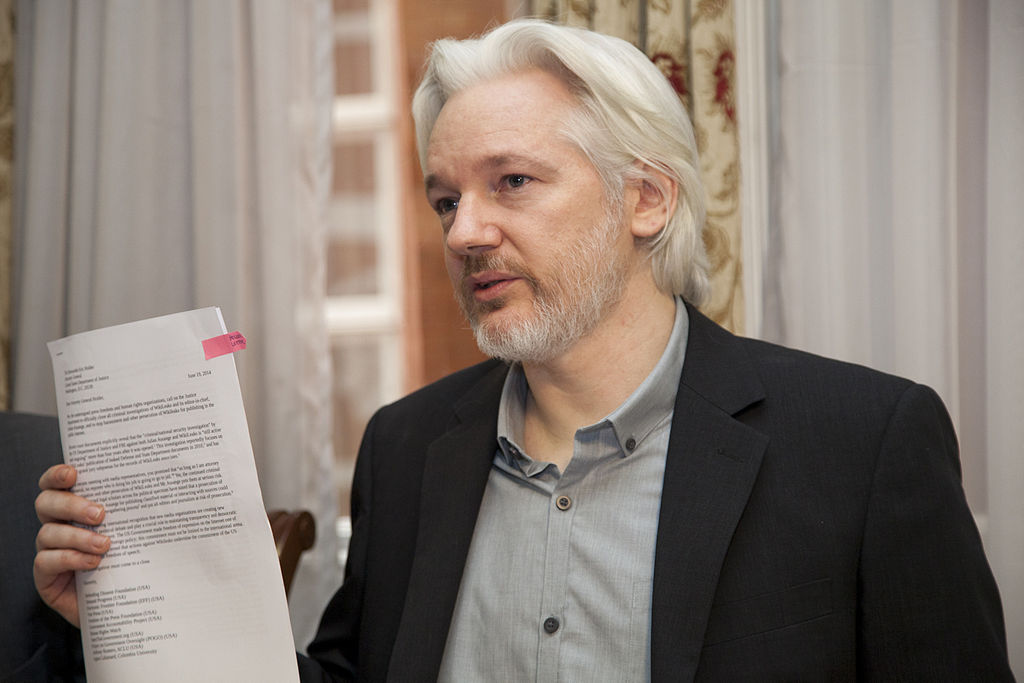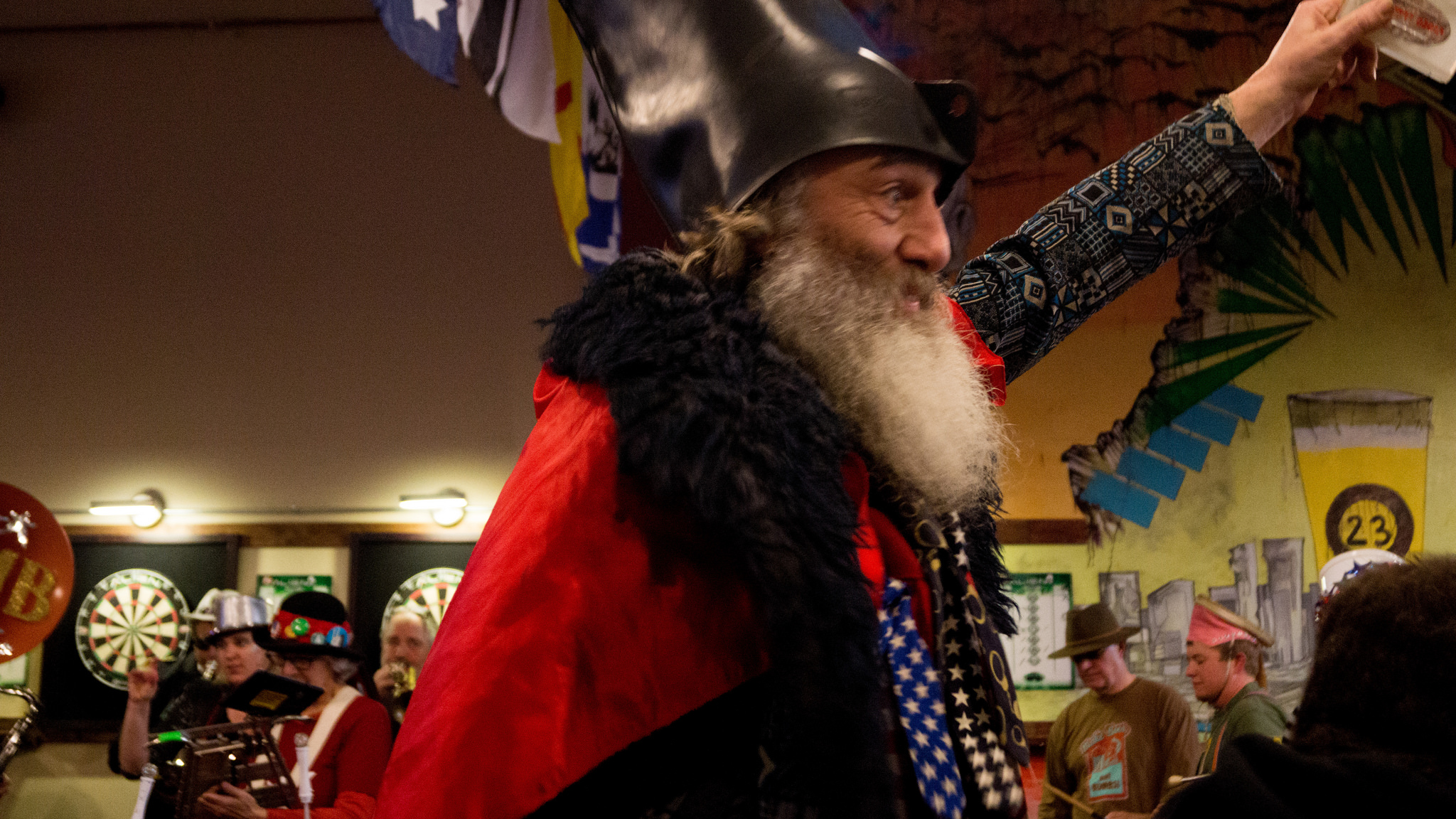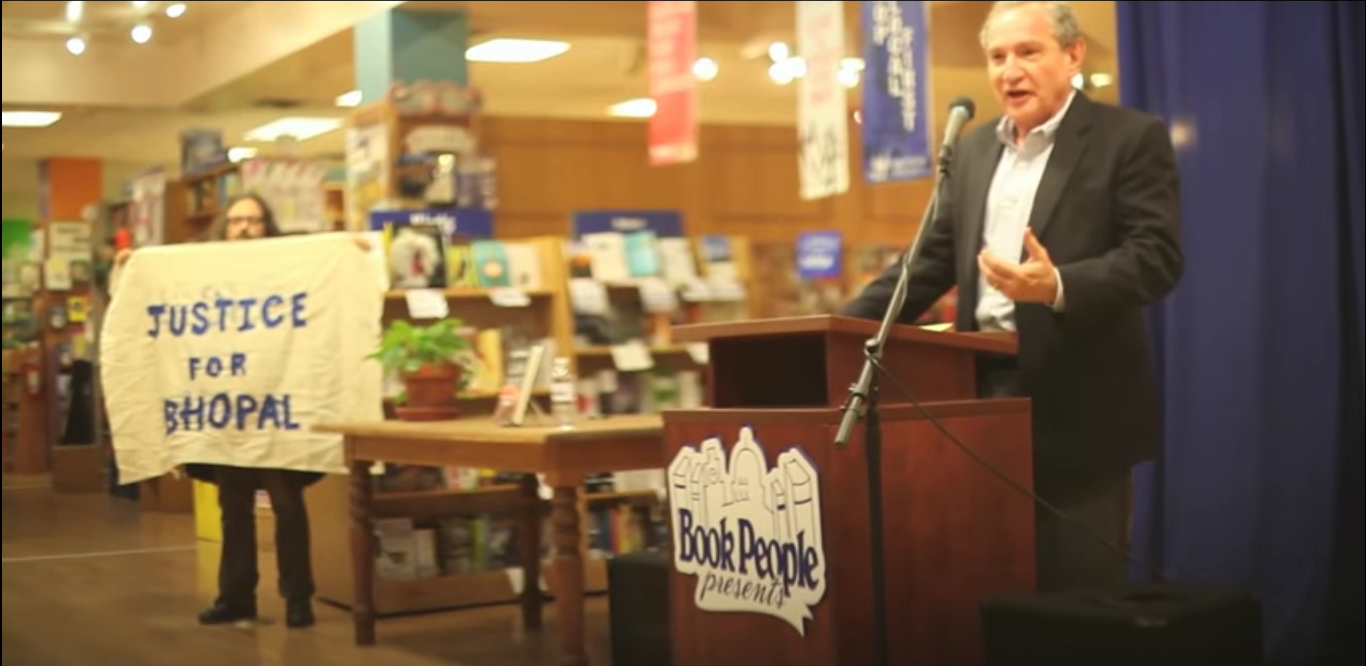On Sunday, WikiLeaks founder Julian Assange marked the fourth anniversary of the day he entered the Ecuadorean Embassy in London on asylum.
Many, including fashion designer Vivienne Westwood and philosopher and political analyst Noam Chomsky, voiced their support for Assange and their hopes for his eventual freedom. But Assange is just one of many victims of the U.S. war on whistleblowers, an unprecedented crackdown on government transparency that’s unlikely to end any time soon.
Assange entered the embassy on June 19, 2012 under threat of extradition to Sweden for questioning over allegations of improper sexual behavior toward two women. Swedish officials have refused to guarantee that Assange will not be extradited to a third country, and until recently, they’ve also refused invitations to question him at the embassy. Though the case against him has weakened over time, Assange still fears he could face decades in prison, or even the death penalty, if he were extradited from Sweden to the U.S., where a secretive, federal grand jury could indict him for hosting classified, leaked information on WikiLeaks.



